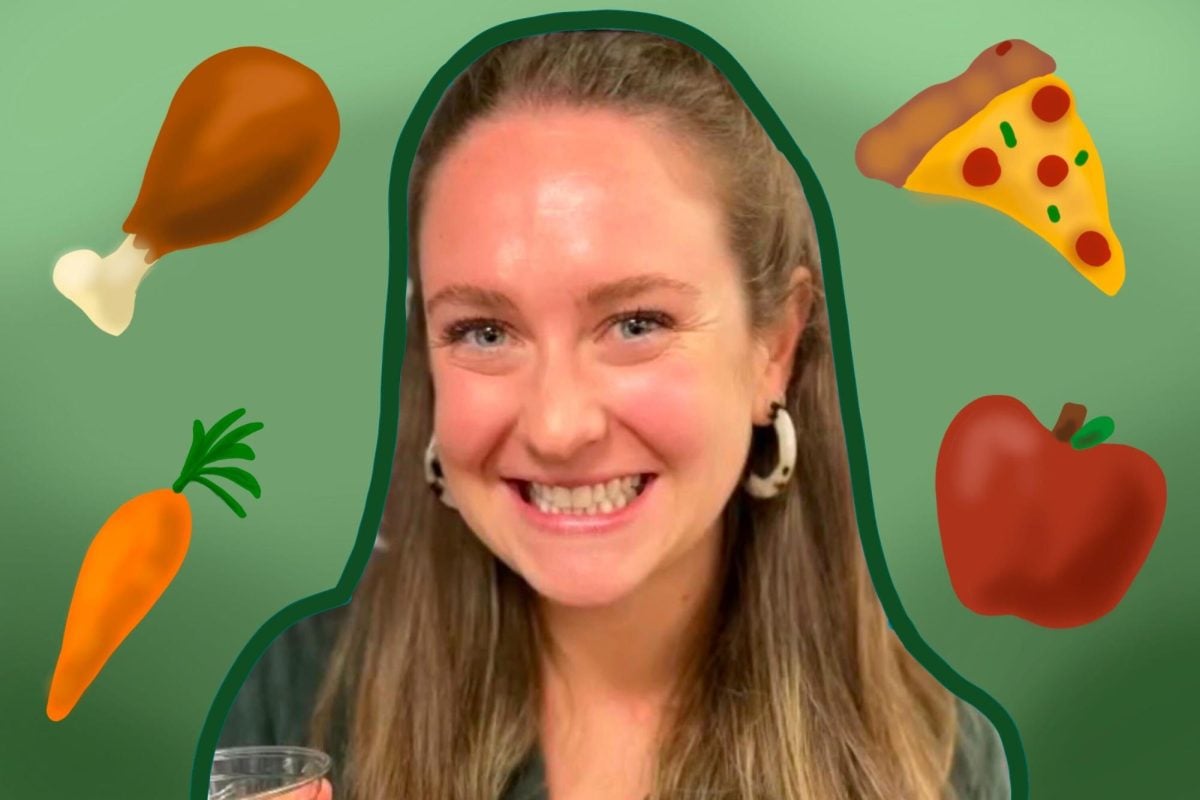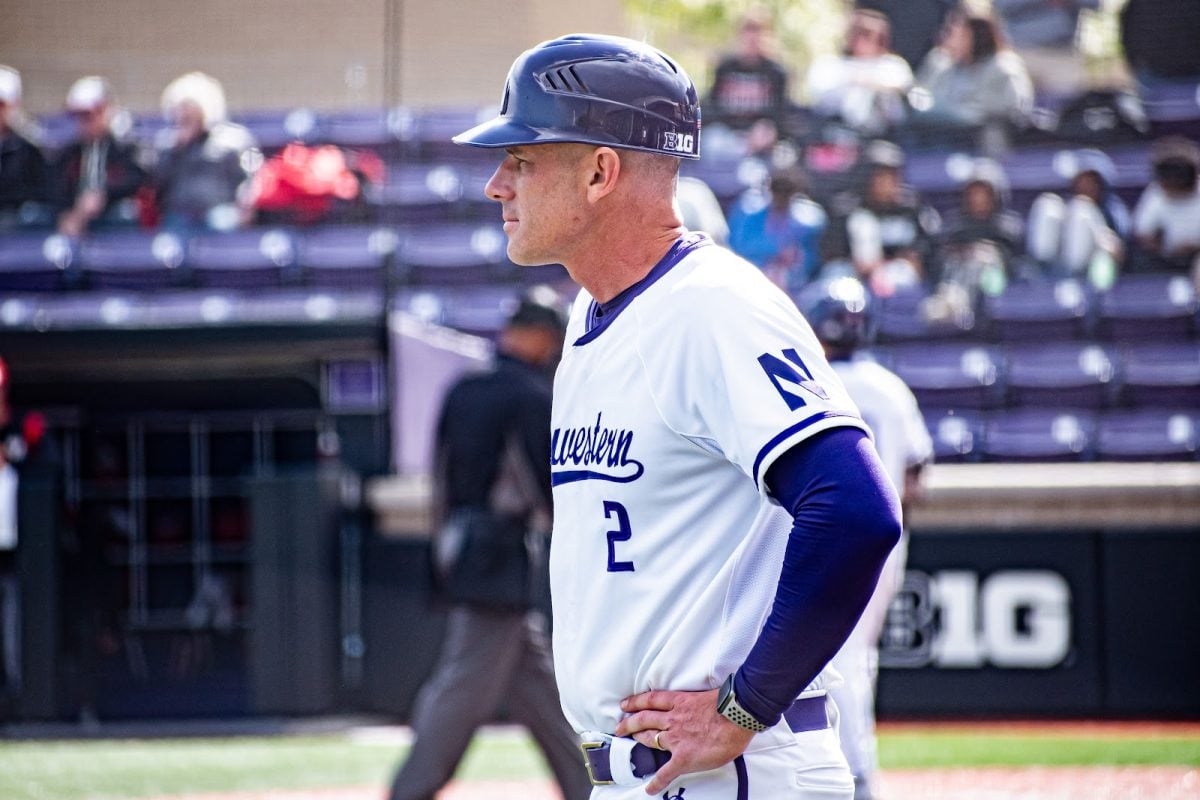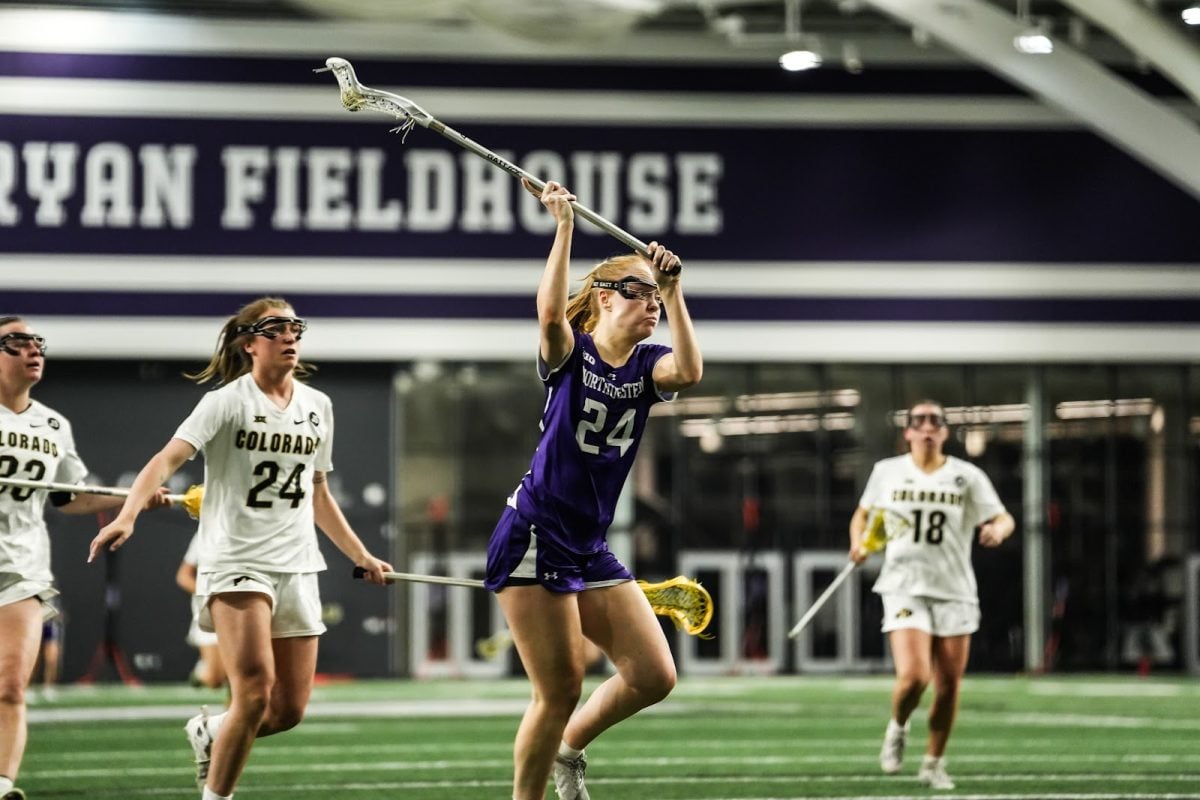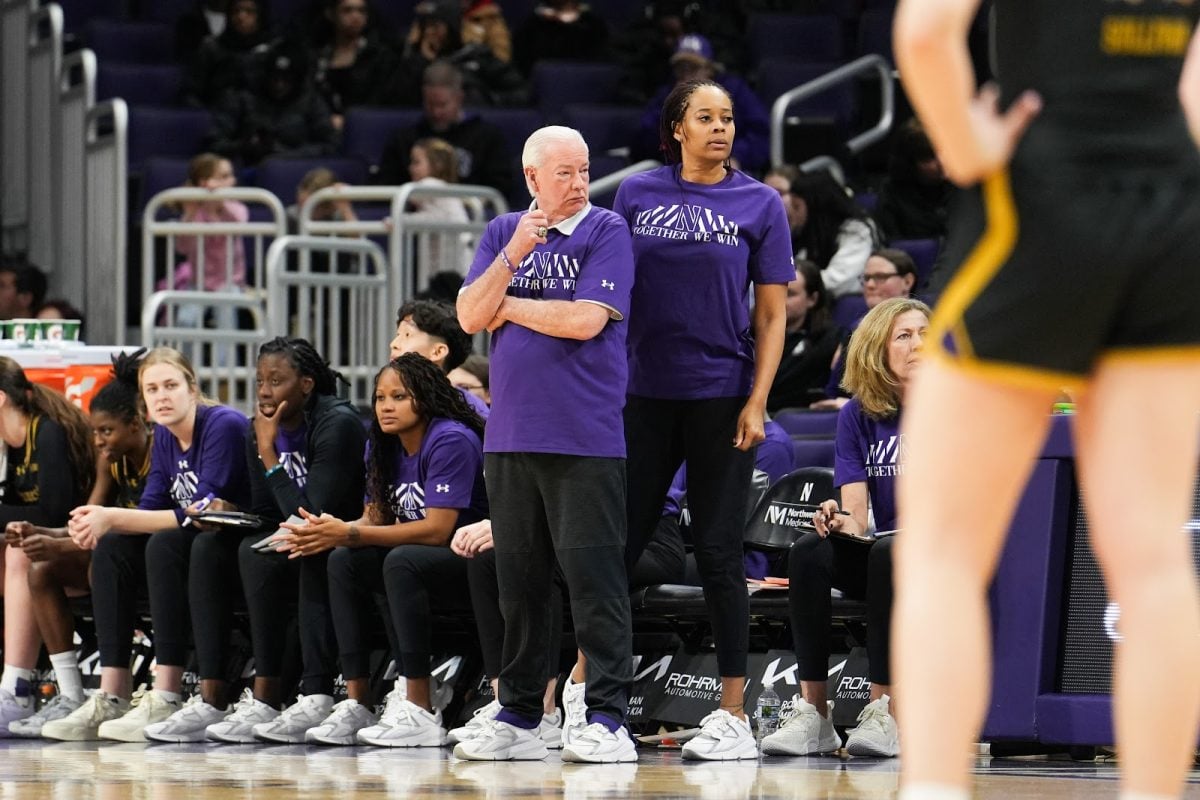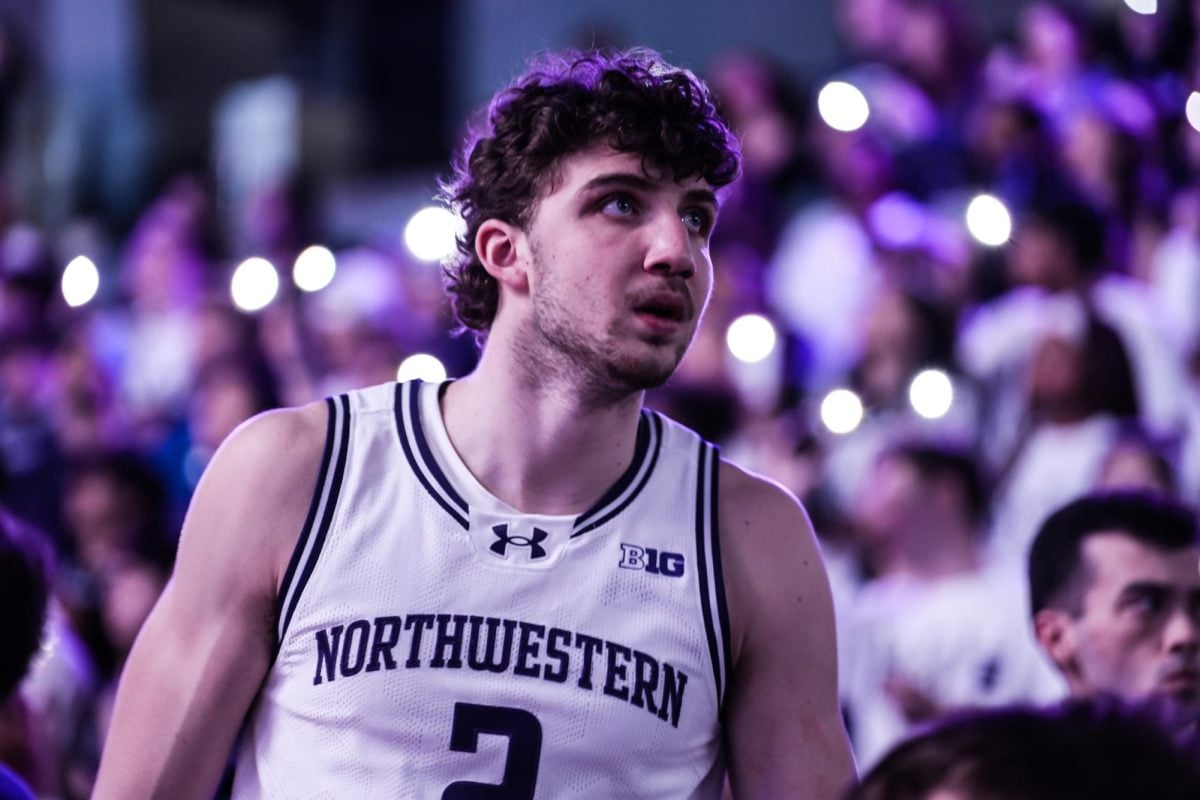When Weinberg junior Kydie Al Moutaa first started eating in Northwestern’s dining halls, she said she felt confused and overwhelmed by the dining options on campus. Used to eating meals cooked by her mother at home, Al Moutaa reached out to Madeline McDonough — NU’s campus dietitian — her sophomore year.
“I needed somebody to help me navigate that, and I found that (Northwestern Dining) offered free appointments with a nutritionist,” Al Moutaa said. “I contacted (McDonough) and she was very happy to meet with me and help me throughout my journey of learning how to eat by myself and get in my nutrients.”
McDonough studied public health at Miami University at Ohio during her undergraduate years. Afterward, she moved to Boston, where she trained to be a dietitian and later transitioned to private practice.
Despite her career trajectory, McDonough said nutritional science wasn’t even on her radar during her undergraduate years until she did an internship at the Cleveland Clinic’s Center for Functional Medicine.
“(Cleveland Clinic) was a functional medicine center, so I saw a lot of people paying more attention to what they were eating to resolve some chronic health conditions,” McDonough said. “The science behind it is compelling, but what really felt aligned for me was the helping nature of the job.”
Now, as NU’s on-campus dietitian, McDonough said she has the chance to work with and help students every day. She said helping people find what makes sense for them is rewarding.
The bulk of the work McDonough does at NU is nutrition counseling, but she also works with Northwestern Dining to make sure NU’s dining halls are accommodating to students with allergies or dietary restrictions.
In any given week, she said she works with about 20 students for one-on-one nutrition guidance.
Fallon Weatherspoon, the eating concerns coordinator for NU’s Counseling and Psychological Services, works closely with McDonough on a weekly basis, meeting together on CAPS’ Eating Concerns and Assessment Treatment Team.
“We go over ways to best support students that we’re working with together, as well as just giving consultation to all of our clinicians here within CAPS,” Weatherspoon said.
A lot of what McDonough and Weatherspoon do together involves behind the scenes programming and developing treatment plans — removing calorie counts from dining halls on campus is a product of their work. But Weatherspoon said McDonough’s strength lies in humanizing the process of managing nutritional and dietary needs.
Al Moutaa encouraged more students to take advantage of McDonough’s resources.
“Maddy is awesome,” Al Moutaa said. “She always takes the time after our meetings to research things that could be helpful for me and emails me about them later on. She always keeps a positive attitude about food and never tells me not to eat something that I’m craving. She’s very welcoming.”
According to Al Moutaa, McDonough has helped her navigate challenges like managing her hunger cues, balancing her hormones, transitioning into living and eating off-campus, and fitting in her dietary needs while Al Moutaa fasting.
For McDonough, the hardest part about her job isn’t the heaviness of the topics she might be dealing with or coordinating efforts for such a large group of people — it’s the fact that she is only one person.
“I wish I had more bandwidth to see more people,” McDonough said. “If I’m not able to consistently work with somebody who would benefit from more nutrition counseling, I’ll refer them out to another dietitian. I wish I could multiply myself and see everybody.”
Email: tabiparent2025@u.northwestern.edu
Twitter: @TabithaParent12
Related Stories:
— Body Acceptance Week works to inform, provide resources on eating disorders and body image
— NU Dining removes calorie counts from dining halls in response to research, student feedback
— Students navigate Northwestern Dining and ‘skinny dinner’ culture with an eating disorder

